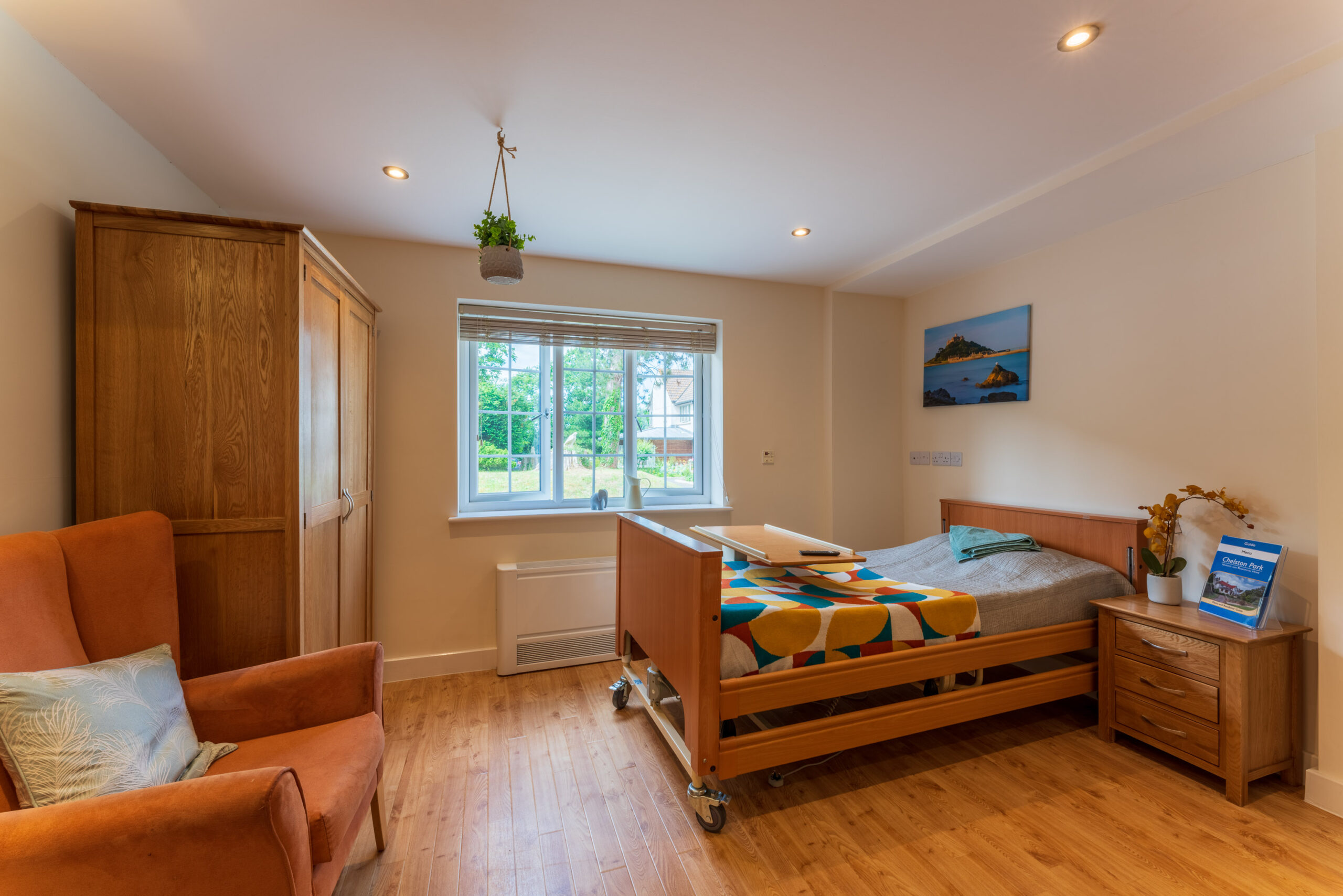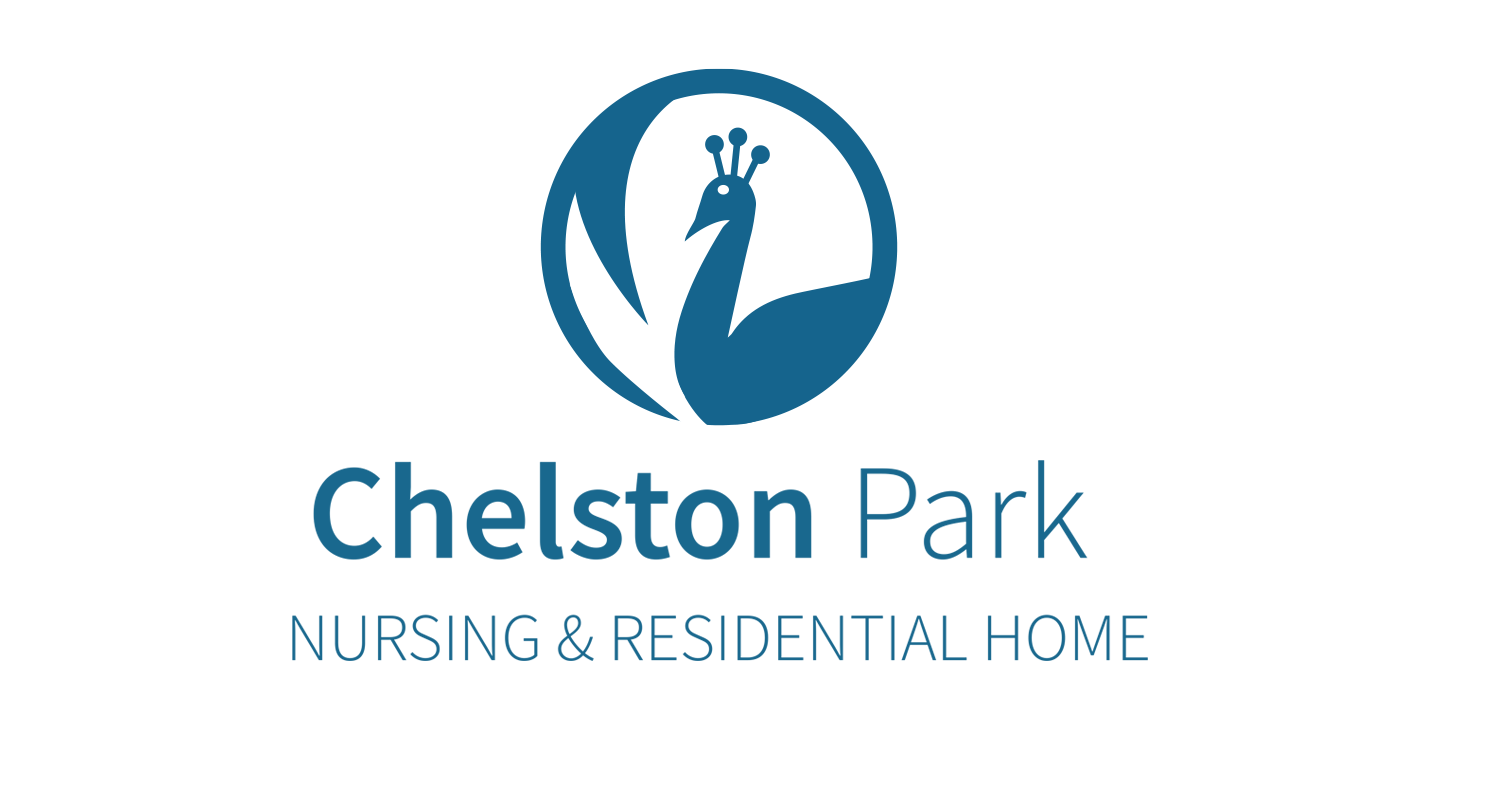Financial Arrangements and Fees
Overview of Fees
Chelston Park is committed to providing value for money within the setting of a comprehensive, caring service.
Although the current rules for funding and fees are complex, we have outlined the main points below.
Depending on your financial situation, you will either pay fees in full, have full or partial social service funding, or if you are assessed as having health needs, you may be entitled to NHS funding and Attendance Allowance (please see below.)
People’s circumstances change, and it is important to remember you may become eligible for social service or NHS funding.
Our fees depend on the care package in line with your needs and the type of accommodation required. Fees are usually reviewed annually in April. Any increase in the fee results from inflation, the provision of additional care and services, or as a result of factors beyond our control. These include regulatory and general economic changes affecting the care sector. Fees may be reviewed more frequently in response to these factors.
Self-Funding Residents
Fees will be invoiced at the beginning of each month, and the first fee will be invoiced shortly after arrival. Invoices are payable within two weeks of receipt. We would appreciate it if a standing order payment is set up for your convenience and ours.
Please see the sections below for information on Funded Nursing Care contribution and Attendance Allowance.
Residents Funded by Social Services
If the council finds you need a care home place after assessment, they will do a means test to work out your contribution. You will be invoiced for your client contribution at the beginning of each month and the first fee will be invoiced shortly after arrival. Invoices are payable within two weeks of receipt.
Where our fee is higher than the social service rate, a “top-up” for the shortfall may be agreed between you and Chelston Park. Where a “top-up has been agreed, Chelston Park will invoice both the client contribution and the “top-up element in advance or shortly after arrival.
Fee increases are governed by the local authority and usually take place in April. Chelston may also apply an increase to the top-up element at this time.
NHS Continuing Health Care
Where the NHS undertake and approve a Continuing Health Care Assessment (CHC), they will set a fee to fund those aspects of an individual’s healthcare needs. Residents who are assessed as being eligible will have their CHC funding set at one of three levels depending on the diversity and complexity of their health and social care needs.
Charges for the provision of the hotel, accommodation, and additional services to that of the NHS funding assessment (as defined in the care plan) will be discussed and agreed with the resident or their representatives.
Where the Chelston’s fees are higher than the CHC awarded, CHC payments may be taken as a contribution to our fees to cover assessed healthcare needs, the board & accommodation, hotel and additional services.
Residents or a third party may pay for enhanced board and accommodation, additional services, and facilities as agreed.
NHS Funded Nursing Care
If you do not meet the criteria for NHS CHC, but require nursing care, the NHS pays a contribution towards the cost of the nursing care. This is called NHS-funded nursing care (FNC). The FNC is paid directly to the home by the government and will be added to the fee we agree with the resident.
If you would like more details about the FNC, please speak to one of our nurses.
Attendance Allowance
Attendance Allowance is paid to a private resident towards the cost of care. You claim the Attendance Allowance. We can help you fill in the forms, and you will receive it alongside your pension.
The allowance is reviewed annually in April, if you would like the most up to date figure or any more information on Attendance Allowance, please ask one of our nurses.
Changing Circumstances
People’s circumstances change and it is important to remember you may become eligible for social service or NHS funding (CHC/FNC.)
Sometimes the capital of a self-funding resident falls to levels that entitle them to local authority support. If this happens and our fees are higher than the local authority fee level, Chelston Park will discuss the options with you. This could be a top-up paid by a third party (including charitable sources), or you may move to a room priced at local authority fee levels.
Naturally, we cannot monitor people’s financial circumstances, so it is worth paying attention to any entitlements.
Likewise, healthcare needs also change and you may become eligible for CHC funding. We will discuss and agree with you any additional payments that your new CHC funding level does not meet. Again, the home may ask residents to move to a lower-priced room.
One to One Extra Care
In agreement with the resident or their representative, one-to-one extra care and support may be arranged. This can be temporary to help a resident settle into a new environment and ongoing routine.
If a resident’s needs have increased since the original care plan, but the resident is not assessed as requiring nursing care, extra care and the cost of extra care may be discussed and agreed with the resident or their relatives or agents.
If a resident’s needs have increased since the original care plan and they have been assessed as needing nursing care but are not eligible to CHC payments from the NHS, extra care and the cost of extra care will be discussed and agreed with the resident or their relatives or agents.
If a resident’s needs have increased since the original care plan and they are funded by CHC or ASC a review will be sought with those commissioning agencies to arrange one to one support and funding for that extra care.
Extra care will be agreed with the resident, their representative and/or the commissioning agency prior to implementation.
Leaving or Temporarily Vacating
If a person wishes to be discharged from Chelston Park, four weeks’ notice must be given of this intention. If a resident wishes to leave immediately four weeks’ worth of fees must paid in lieu of notice. These conditions are waived during the four-week trial period. If a resident moves out of Chelston temporarily – for example to receive hospital treatment – the bed is retained and paid for by the resident or their relatives or advocate. In the case of local authority funded residents, the retention period is governed by the Local Authority contract.









